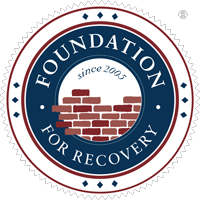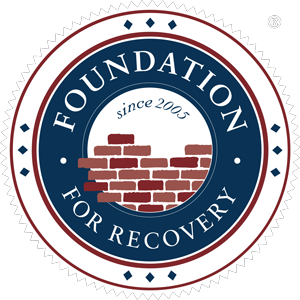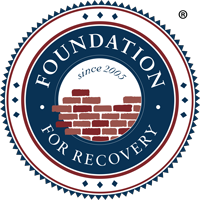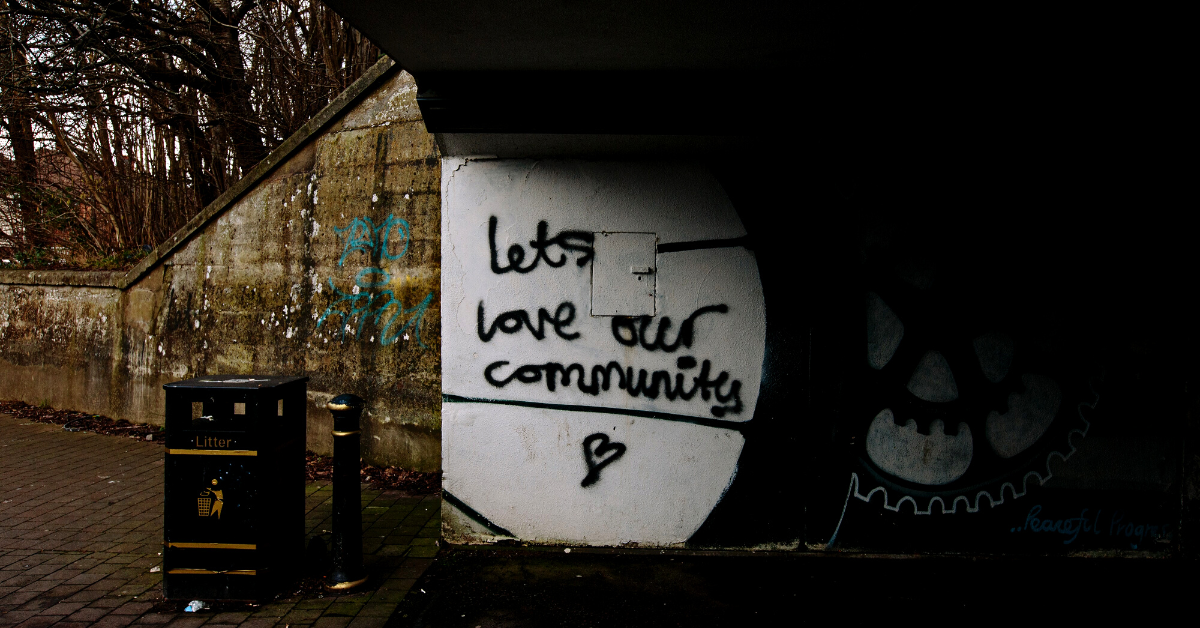It’s called the Nevada Recovery Friendly Workplace Initiative, and it can transform Nevada businesses – big and small – into happier work environments with improved team morale.
The economic impact of untreated addiction in Nevada is $6.8 billion when considering lost or impaired productivity, absenteeism, justice involvement, and human resources and healthcare costs. But now, there is a solution that helps Nevada employees with behavioral health issues, and also allows your organization to be a human-centered example of how businesses can play a key role in ending the addiction crisis. Keep reading!
So, what exactly is a Recovery Friendly Workplace (RFW)? Let’s explore.
Championed by former Nevada Governors Brian Sandoval and Steve Sisolak, the RFW Initiative is a state-funded initiative that empowers employers to implement recovery-friendly practices within the workplace. Through the Initiative, employers receive support for employees and their families in recovery or those impacted by substance use disorder (SUD) and mental health challenges.
“The Recovery Friendly Workplace Initiative is hope,” said Foundation for Recovery (FFR) Executive Director Sean O’Donnell in a recent YouTube video.
“It’s hope for our communities, it’s hope for job seekers, it’s hope for your employees, and it’s hope for a lot of employers.”
Why is this needed?
Statewide, Nevada saw a 28.6% increase in fatal overdose deaths from 2019 to 2020. Furthermore, preliminary data shows that the state saw a 29% increase in fatal overdoses. Nationwide, there are approximately 70% of adults ages 18 to 64 within the workforce, and there are an estimated 22+ million people in recovery, whether or not they are open about their recovery status. Lastly, one in three American households is affected by SUD. Most likely, your employees are currently dealing with addiction or substance use at home, which can spill over into the workplace.
Led by FFR, Nevada’s statewide Recovery Community Organization, and the Nevada Division of Public and Behavioral Health, the Initiative encourages healthy and safe workplaces where employers, employees, and communities work together to create positive change, eliminate stigma and support recovery.
How do I make my business an RFW?
There is no out-of-pocket cost to your business to become a Recovery Friendly Workplace. To begin your transformation, visit Foundation for Recovery and submit your contact information. A representative from FFR will reach out to you for an orientation, which takes about an hour to complete over Zoom. It’s that simple to begin the process of embracing an official recovery-friendly culture at your organization!
Your business will be able to receive ongoing guidance and support from program ambassadors as they work with you to implement recovery-oriented practices at your workplace, including free and individualized team training sessions and resources to support employees. Your business will receive a designation as a Recovery Friendly Workplace from the Nevada Office of the Governor and you can showcase that designation where people can see it!
There are NO downsides.
We are living and working in unprecedented times, and it is going to take a multifaceted approach to combat the public health crisis that is addiction. Employers can do their part in this public health crisis by prioritizing the behavioral health of employees and embracing a recovery-oriented place of work.
People use substances for all different reasons – to deal with trauma or grief, to feel good, to cope, to lubricate social sitations, to not have withdrawals, etc – and chances are that most are employed. With the New Year, employers can take charge by ushering in a new recovery-friendly culture in their workplace and be an example to the national and global workforce. Your commitment will show customers and community members that your business is a proactive, invested community partner.
To summarize.
The purpose of the RFW Initiative is to provide your organization with support, training, and an official designation showing that your business is a workplace that supports all employees, especially those in, seeking or supporting recovery from SUD.
Funded by the Nevada Department of Public and Behavioral Health and led by FFR, the program connects Nevada employers with an ambassador to provide training, guidance, and assistance to support employees better.
And it’s FREE.
It is important for companies to care about their workers and employees want to feel valued and supported. Bringing recovery-friendly tools into the workplace can allow for a bridge to be built between individuals and companies. It’s a win-win situation for all!
Together, we can create change. Become a Nevada Recovery Friendly Workplace today.
To learn more about the Nevada Recovery Friendly Workplace Initiative, please visit Foundation for Recovery, send an email to workplace@forrecovery.org or call (702) 918-9459.



